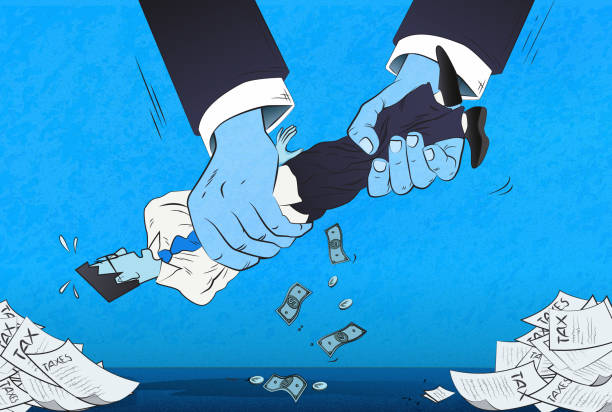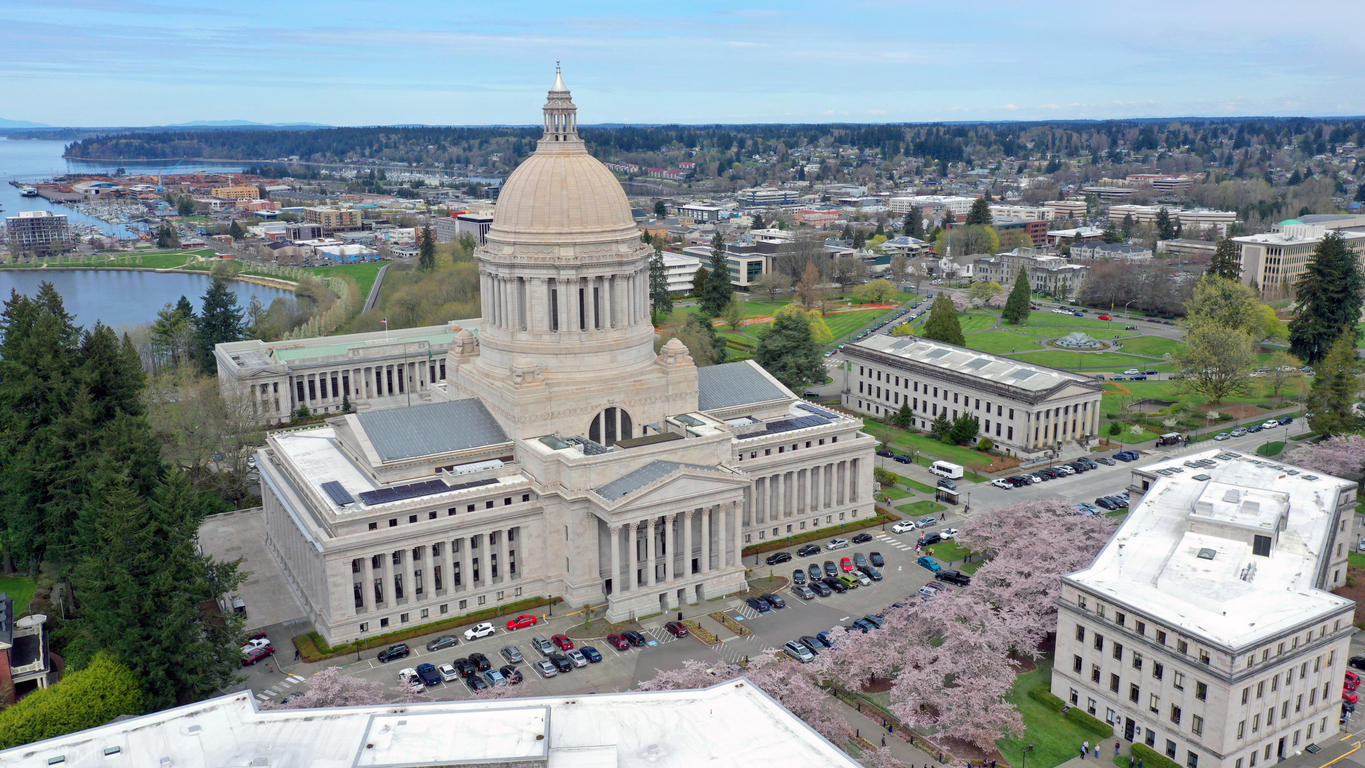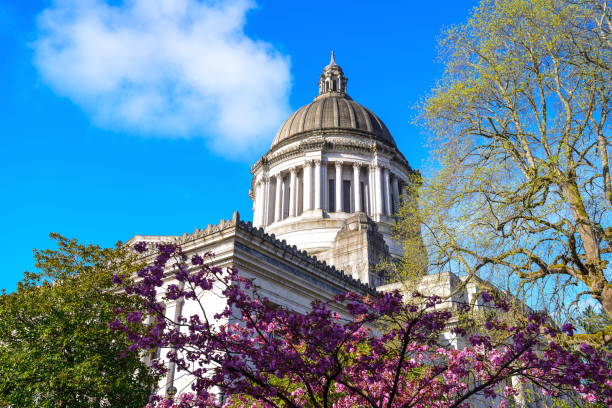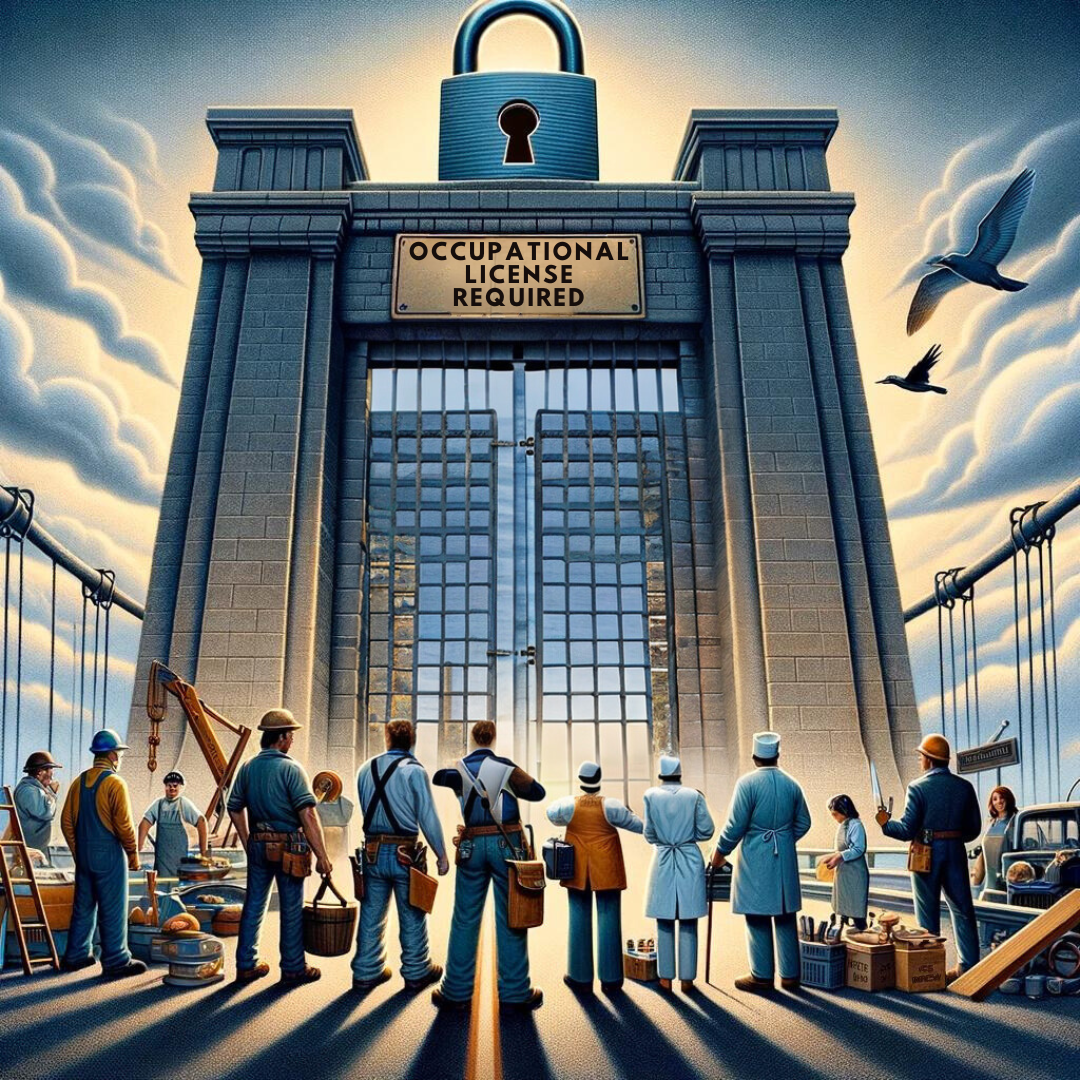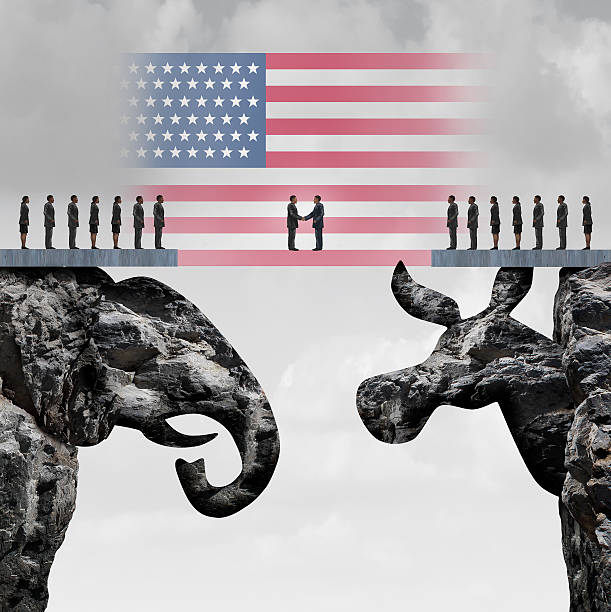Update on Seattle’s illegal income tax lawsuit

It’s been quiet, too quiet since the King County Superior Court emphatically rejected Seattle’s illegal income tax and Mayor Durkan announced the “long shot” appeal. Where do things stand? We are still waiting to hear whether the state Supreme Court will accept Seattle’s request for direct review, or instead if the case will be directed first to the Court of Appeals. The latest word is that we should have an answer sometime in the next few months.
In the meantime, here is a nice summary from the plaintiffs’ response brief filed yesterday on the issue:
“Washington’s voters have rejected ballot measures for a statewide graduated income tax ten times, most recently in 2010, and among those rejected measures were six proposed constitutional amendments that would have excluded ‘income’ from ‘property.’ Certain city councilmembers disagree with the voters, and with their co-appellant they have manipulated the machinery of local government to achieve a statewide agenda – enacting a local income tax as a vehicle to ask the Supreme Court to overturn well settled constitutional law prohibiting ‘progressive’ income taxes. Avoiding unnecessary constitutional questions by deciding this case on purely statutory grounds will avoid rewarding an undemocratic gambit.”
The brief continues to lay out these fundamental questions:
“1. Whether the City’s income tax is invalid because the Legislature has not granted municipalities express authority to levy a tax on personal income.
2. Whether the City’s income tax is a valid excise tax on the privilege of living in Seattle if one’s choice of residence is not a voluntary taxable act or a privilege a city can revoke, and the amount of tax on residents’ income bears no relationship to the relative benefits they enjoy.
3. Whether ‘home rule’ or RCW 35A.11.020 constitutes a plenary grant of authority to cities to levy any constitutionally permissible taxes, including income taxes, in the absence of specific legislative authority, when no court has recognized such plenary authority, and this construction would render superfluous all specific grants of authority to cities, in violation of rules of statutory construction.
4. Whether the City’s income tax violates RCW 36.65.030, which prohibits taxes on ‘net income,’ because line 22 on IRS Form 1040 is the sum of multiple sources of income, each of which is a net income figure (gross income less deductions of expenses and losses).
5. Should this Court apply binding stare decisis holding that income is property subject to the Constitution’s uniformity provision when Washington voters have rejected graduated taxes on income ten times, overturning stare decisis will frustrate settled expectations of Seattle residents and Washington voters, and where Appellants have not shown that the rule was decided incorrectly and causes harm.”
Concluding the brief says:
“The Court must also consider the expectations of Washington voters. In a democratic society organized under a constitutional government of limited powers, stare decisis must be afforded its highest respect when a challenged constitutional rule has been repeatedly sustained by voters. The Court would risk its legitimacy if it were to turn its back on the unequivocal will of the people on this record and rule by judicial fiat, especially on a political issue of tax policy. If sentiment has changed, the voters must express a will to change their Constitution through an initiative.”
If that sounds familiar, it should. It reflects an income tax ruling from the state Supreme Court in 1960:
"The argument is again pressed upon us that these cases were wrongly decided. The court is unwilling, however, to recede from the position announced in its repeated decisions. Among other things, the attorney general urges that the result should now be different because the state is confronted with a financial crisis. If so, the constitution may be amended by vote of the people. Such a constitutional amendment was rejected by popular vote in 1934."
Should the justices want to save time they could just cut and paste from their prior 1960 ruling and send that back to Seattle. Whether or not Washington has an income tax is a decision the voters should make through a constitutional amendment - not as a result of tax mischief from the Seattle City Council. Of course, the voters have already repeatedly been explicitly clear on that topic.
Additional Information
Timeless advice from WA Supreme Court on income taxes
Judge rules Seattle income tax illegal
Seattle Mayor calls income tax appeal a "long shot"




